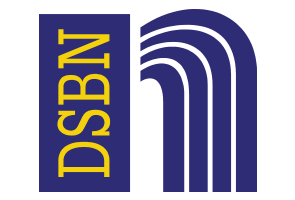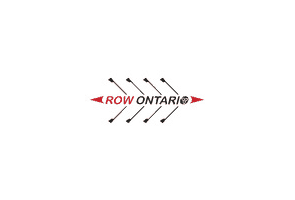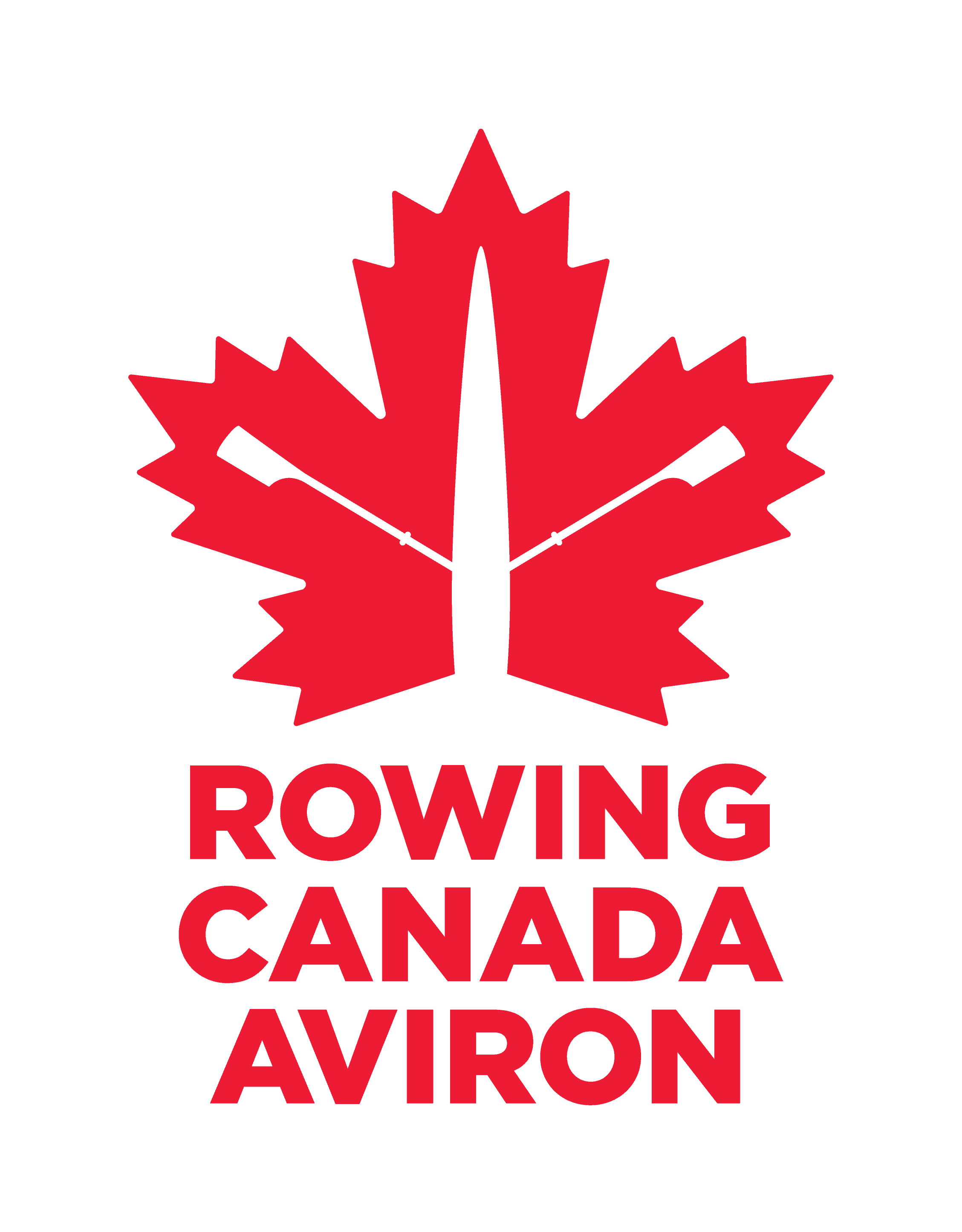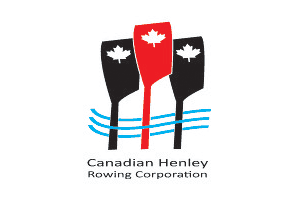Day 1 of the post-COVID-19 recovery of the Canadian Secondary Schools Rowing Association championships began this Friday at Henley Island with the 75th annual staging of the regatta.
“Some people say that next year we will be back to normal but I think it is going to be two or three years before we get back to normal,” long-time CSSRA regatta chair Ken Campbell said. “The kids that started Grade 9 two years ago are now in Grade 11 and they didn’t get a chance to row. Some of them are rowing but not many of them are rowing now.”
To try and counter this issue, organizers have brought back novice categories.
“We are hoping to capture those Grade 11 and 12 kids and we got a few,” he said. “Some of the schools said, ‘We are all novice’ and we will go in the novice categories.’ Yes, that is true but this year all the junior categories are novice anyway because it is their first year or two in school.”
Novice events include men’s and women’s eights and men’s and women’s coxed quads.
Entries are down about 25-30 per cent in 2022 and there has been almost a 50 per cent decline in the number of athletes. The number of teams is down by about 20.
There are 1,089 athletes and 108 different teams at the event.
“Two years of non-competition and non rowing in schools, it’s getting kids back involved and a lot of schools are still hesitant about sports,” Campbell said.
There are also a lot less American schools competing in 2022.
“A lot of schools were told they are not allowed international travel and there’s still COVID kicking around and people are very hesitant,” he said.
There have been a number of changes made to the regatta this year including: allowing teams in the regatta; schools are allowed more than one entry per event; and, a move to time trials in some events to determine who advances to the semifinals.
The move to allow teams is related to liability issues.
“In the past, you had to be representing a school but in Ontario there is a real pushback from a group called OPHEA (Ontario Physical and Health Education Association) in Ontario schools,” Campbell said. “They have a real issue with water sports ever since the canoeing accident in Algonquin Park several years ago. There’s some huge liability issues that some schools won’t sign off on.”
Teams are now allowed but everyone in the boat must be from the same school in order to compete. These teams row under the insurance policies of rowing clubs.
“When your are member of a rowing club, which are members of Rowing Canada, Rowing Canada has a huge liability policy.”
Allowing more than one entry in an event per school was an attempt to boost numbers.
Schools are also allowed more than one entry per event now.
“We knew our numbers were going to be down and we decided to go to two entries per school per event and try to build it up,” Campbell said.
Organizers expected to get a large number of entries in the smaller boats because they were the ones that were allowed to train through most of the pandemic.
“Our numbers are up a bit but we didn’t get the huge growth we thought we were going to get,” Campbell said.
Expecting those huge numbers, the regatta decided to go to go to time trials in some events. In past years, there were heats, semifinals and finals for events with 22 or more entries but that was replaced this year with a 1,500-metre time trials. Boats are send down the finish line in 30-second intervals and the top 14 crews advance to the semifinals.
One of the biggest challenges facing CSSRA organizers this year was getting volunteers.
“There are still a lot of people who are hesitant to join in and also being off for two years, people have found other things to do. They kind of like their weekends off.”
This weekend, there are 250-260 volunteers helping out compared to 300-350 before the pandemic struck.
“Our numbers of athletes and races are down so that helps. Normally we would have a full slate of volunteers out (today) Friday and because there is very minimal racing today we are able to minimize the number of volunteers that are needed,” Campbell said.
All athletes, coaches and volunteers at the regatta were required to be fully vaccinated.
“Each coach, when they did their entries, had to attest that their crews were fully vaccinated and we are doing random checks throughout the weekend.”
People entering the regatta main office have to be masked but most areas are strictly on a volunteer basis. Personal protective equipment is available everywhere on the site.
Medal presentations have also been changed. Crews will wait on their boat until they are instructed to come on to the podium and crews won’t be able to mingle with other crews at the grandstand. Masked presenters will have the medals on a tray and the athletes will put their own medals around their necks.
Racing runs Saturday from 9 a.m. to 3:54 p.m. Finals will be staged Sunday from 8 a.m. to 3:15 p.m.
Author: Bernie Puchalski















